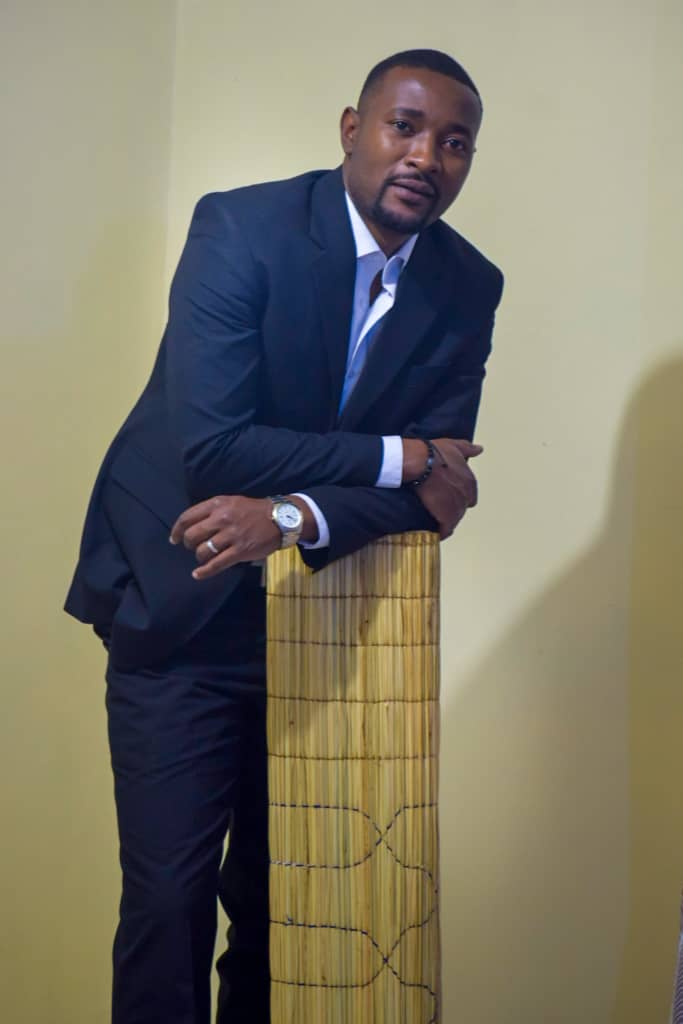Bipolar Disorder

How can we help you: My struggle with accessing Mental Health Services?
“There are times when the mind is dealt such a blow it hides itself in insanity. While this may not seem beneficial, it is. There are times when reality is nothing but pain, and to escape that pain the mind must leave reality behind.”
― Patrick Rothfuss, The Name of the Wind
I guess I have always known that something wasn’t quite right but the desire to be normal was my biggest obstacle in finally naming what I was going through. Growing up the most common description that would be used to describe my character was reserved, quiet and moody. Moody really, I was always offended when someone called me that and would put up a fight to try and convince people that I wasn’t. This continued into my adult years and I began to realise that it looked like those close to me had just decided to put up with my BS.
My first real desire to understand what was going on with me and knowing what mental health is was in 2006 when I decided to register for a Counselling Degree program. Not only did I wish to put a name to it all, but I also wanted to help those around me to understand that they were not alone. I enjoyed the program, but I soon had to drop out after the first year as other commitments came up and I needed to seek employment. The desire to learn more about Mental Health never left me and I soon found myself doing more research on the subject. It was quite by accident though as I had just started a new role as a recruitment consultant for foreign universities and part of my duties was counselling students on study options and destinations. My business card had the title counselor on it and I soon started getting people coming to me with personal experiences over and above what they needed to know with regards to study options. It seemed as though the harder I tried to tell people that I was not that kind of counsellor the more they came with different issues. I soon realized how much of a good listener I was and because I had struggled to get access to mental health services myself, I struggled to find the right places to refer these clients to.
At this time my own demons had become more increasingly apparent and I continued to seek help while also offering a listening ear to a multitude of young people. without any training this takes a toll on you and unbeknown I was becoming a lot more disconnected. This eventually translated into what I know now to have been a panic attack. It was a normal day and my friends and I were just discussing a bit on the business that we were running together. I suddenly felt the urge to use the bathroom but as soon as I got there I began to sweat excessively, and I was shivering uncontrollably but I wasn’t feeling cold at all. I tried to get to the sink to wash my face then all of a sudden I blacked out. The next thing I remember was waking up in an emergency surgery with all my friends surrounding the bed and all I could do was demand for a pint because I was feeling fine, it was black label to be exact. After this I was even more determined to spread the gospel of mental health but at this point there was no support for it and it was said to be something for white people so again I took a step back especially because my own experience made me begin to think I was crazy and losing my mind.
Fast forward to just over five years, a lot has changed but my desire to unmask mental health was still entrenched in the back of my head. Life was moving fairly smoothly but certain events like finding a place to live, paying lobola, meeting crazy work deadlines and planning a wedding would make me really anxious and a similar feeling to the bathroom incident would try to surface but I would find myself calm again. I didn’t really take the time to find out more about this until a chilly winter day in June 2016. It felt like a normal day until the afternoon when a routine visit to the bank to make a withdrawal turned into an absolute nightmare. I picked up a withdrawal slip took my swirl felt pen out of my suit jacket and all of a sudden I couldn’t perform the simple task of making my fancy pen connect to the paper to print my information. My arm felt detached from my body and I started seeing double and became increasingly sweaty before feeling extremely dizzy. The security guard by the door noticed I was about to fall down and quickly came to my rescue and asked me to sit down and was soon standing next to me with a glass of water. This guy really seemed like a trained first respondent in a mental health emergency and he is one of the people that inspired my work that was to come. As I narrated my ordeal to a friend who I had started the counselling degree with, but she went on to finish, she offered to help me look for mental health services in Harare and it took us three months to get the help I needed. That process was tedious, and I didn’t want anyone who needed help to go through the same.
A lot more has happened on my journey since then but in early 2017 I began to put down my experiences by starting a blog that documented all that I had gone through. The response to the blog made me realise that a lot of people where in the same boat as I was and needed to put a name to what they were going through. On a trip to our rural home in Masvingo I came across an item that I had never paid much attention to which would serve as an inspiration for the work we would go on to do and continue to do to this day. That item was the Rupasa. I was drawn to how ladies would find a Rupasa and sit on it to share stories or simply to have somewhere to sit during an event. The Rupasa placed everyone sitting on it on the same level and something about it represented a level of togetherness. I soon realized that a rupasa is used at any event or ceremony, wedding or funeral and it can be found in most if not all of our rural homes. Through it, I began to see a symbol of togetherness and a place where people can sit and talk. The more I dug deep into the use of the Rupasa the more I discovered that it was also used in ceremonies to represent courtship and that further made me realise how this item had a place in even our most intimate settings. I began to imagine if every household could have a Rupasa even in the bedroom not as it was previously used but as a place where spouses can initiate conversation, a place where siblings can sit and share the intimate details of their lives, a safe place where its ok to not be ok, simply put ‘A Place To Talk.’
My goal and desire for Rupasa is to be able to take Mental Health into every household. Firstly, by laying the Rupasa over the internet and social media by educating people on Mental Health, spreading awareness and offering a listening ear as well as directing those who need mental health services to practitioners. People should no longer struggle to get the help they need like I did, but they should easily and readily gain access to help and support like that security guard in the bank who to this day I call a real-life superhero. There is a lot of work we need to do but ultimately the goal is to have a mentally healthy population that will have access to support when things get a little rough. Secondly, we intend to have several community-based programs that will see us entering into communities not only educating them on mental health but also engaging in activities that will ensure they maintain sound mental health. Lastly, we hope to build respite homes and safe spaces that will serve as locations where people can gain access to all the help they need. The journey ahead will not be easy but with your help we can all ride on the magic carpet that is the Rupasa and allow it to whisk us away to a place we can all sit and talk about the things that really matter to us.
Tinotenda Phillip Gwitima
Founder
